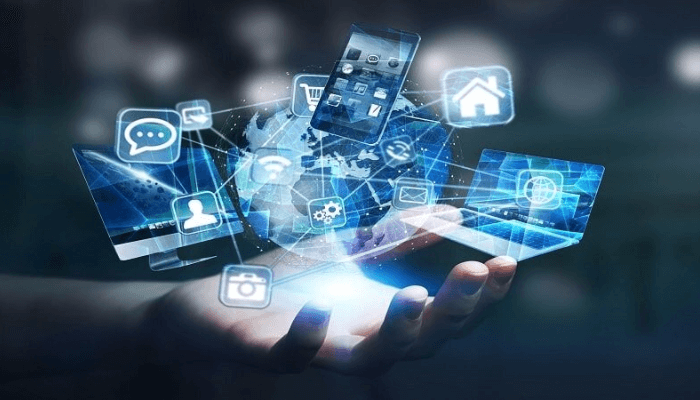The integration of technology in education is no longer optional—it has become essential for preparing students for the rapidly changing global workforce. For Nigeria, this shift is not just about improving speed but about transforming the educational system to equip students with the skills they need to thrive anywhere in the world.
As an educational technology strategist, I envision Nigeria’s classrooms as hubs of innovation. By integrating robots, artificial intelligence (AI), machine learning (ML), and advanced technologies like the Internet of Things (IoT), we can prepare Nigerian children for the challenges and opportunities they will face in the future.
Harnessing IoT for a Dynamic Learning Environment
The Internet of Things (IoT) offers the potential to revolutionize the learning experience in Nigerian classrooms. This technology can create a more interactive and responsive educational environment by connecting devices, data, and students.
For instance, imagine classrooms that are equipped with IoT-enabled tools, which allow students to learn coding and engineering through hands-on experiences. Moreover, smart boards can adapt in real time to student feedback, making the learning process more dynamic. Furthermore, IoT enables remote learning, helping to bridge the educational gap in rural areas by providing access to resources that might otherwise be unavailable.
Using Robotics to Foster Critical Thinking
In addition to teaching machine-building, robotics in education plays a crucial role in promoting critical thinking, creativity, and problem-solving—skills that are indispensable in today’s digital landscape. By introducing robotics early in Nigerian schools, we can foster creativity and curiosity in young minds.
As students design and program robots, they not only learn to approach problems logically but also think innovatively and communicate effectively. These are the very skills that are highly sought after in the modern workplace. Countries like South Korea and Finland have already embraced robotics in their classrooms. Therefore, Nigeria must follow suit to prepare its youth for the age of automation and industry.
AI and Machine Learning: Personalizing Education for High-Skilled Jobs
Artificial intelligence (AI) and machine learning (ML) present a unique opportunity to personalize education for every student. These technologies enable educators to adjust courses according to each student’s learning style, ensuring that no Nigerian student, regardless of their background or location, is left behind.
Moreover, by understanding AI and ML, students will be better equipped to pursue high-skilled jobs in rapidly growing sectors such as data science, cybersecurity, and automation. These fields are integral to the future workforce, and students who master these technologies will be well-prepared for these opportunities.
Challenges and the Road Ahead
Despite the tremendous potential of integrating these technologies into Nigerian classrooms, several challenges must be addressed. Issues such as inadequate funding, poor internet access, and a shortage of trained teachers pose significant barriers. However, these obstacles are not insurmountable.
Government initiatives, along with public-private partnerships, will be crucial in overcoming these challenges. The Nigerian government should prioritize tech-focused education, invest in teacher training, and improve educational infrastructure to ensure that a future-ready workforce is created.
Conclusion
Integrating IoT, robotics, and AI/ML into Nigerian education is not merely a visionary move—it is a necessary step to align the nation’s educational system with the demands of the global labor market. These technologies will equip Nigerian students with the skills they need to succeed both at home and internationally.
Ultimately, our goal should be to provide Nigerian students with the tools they need to create, lead, and thrive in a technologically advanced world. Embracing educational technology will drive Nigeria’s development, positioning it as a global hub of knowledge, innovation, and progress.





